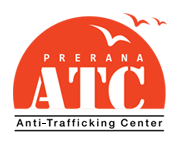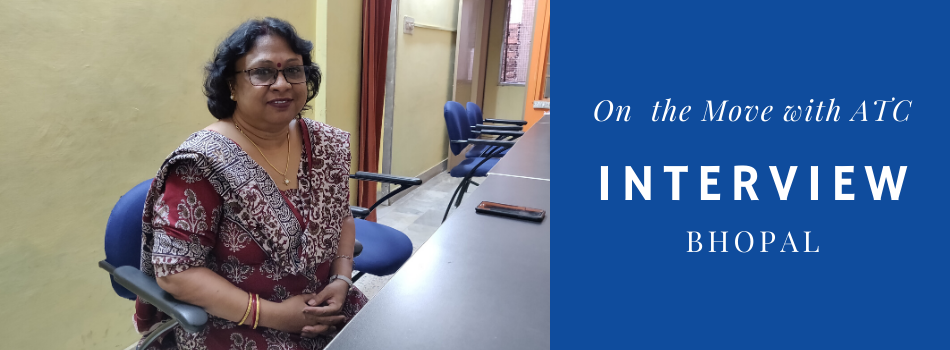
Beyond Capacity-building Trainings: Understanding the Need for Hand-holding Support
Geetarani Lourembam
SENIOR PROJECT COORDINATOR
A few months ago, a partner organization reached out to Prerana seeking assistance in developing Individual Care Plans in the case of two children (siblings) with whom they were working. A meeting soon took place between one of Prerana’s social workers, a representative from the organization, and the Child Welfare Officer (CWO) of the child care institution where the children were residing.
After the case was briefly discussed, the social worker shared Prerana’s practices of making an ICP. The CWO also shared a format of one of the ICPs that he had worked on. The social worker observed that most details in the Plan had been filled using one word or one sentence. The social worker then started discussing ways to improve the ICP, and the CWO took detailed notes. Halfway through the discussion, the CWO stopped the caseworker and asked if it would be possible for them in the near future to interact with a child and fill the ICP together. He shared that in his experience of working with children for over ten years, he had not known that an Individual Care Plan had to be filled in such a detailed manner. He added that though he had attended many training sessions on ICP, the training conveyed what basic information to fill and not ‘how’ to fill it. He also shared that he had come across children staying at child care institutions for many years only to be restored eventually with minimal progress in their rehabilitation. The CWO also shared that he was not aware that he was supposed to collaborate with the teachers, doctors, counselors, and other stakeholders to make this document robust. He was reflective on the scope of the document, and also requested the social worker to develop an ICP of a child, with him. Subsequently, the social worker met the CWO and one of the children to make an Individual Care Plan together.
The importance of capacity-building training is often talked about but there is limited discussion on the impact of the training. While training is important, hand-holding support and on-field assistance are also necessary. Capacity building cannot be a one-time process, and requires periodical support and assistance for effective results.
To be or not to be? Questions on motherhood searching answers
Over the past few years, Prerana’s Anti-trafficking Center (ATC) has been instrumental in documenting challenges while working on anti-human trafficking Read more
Over the past few years, Prerana’s Anti-trafficking Center (ATC) has been instrumental in documenting challenges while working on anti-human trafficking Read more



